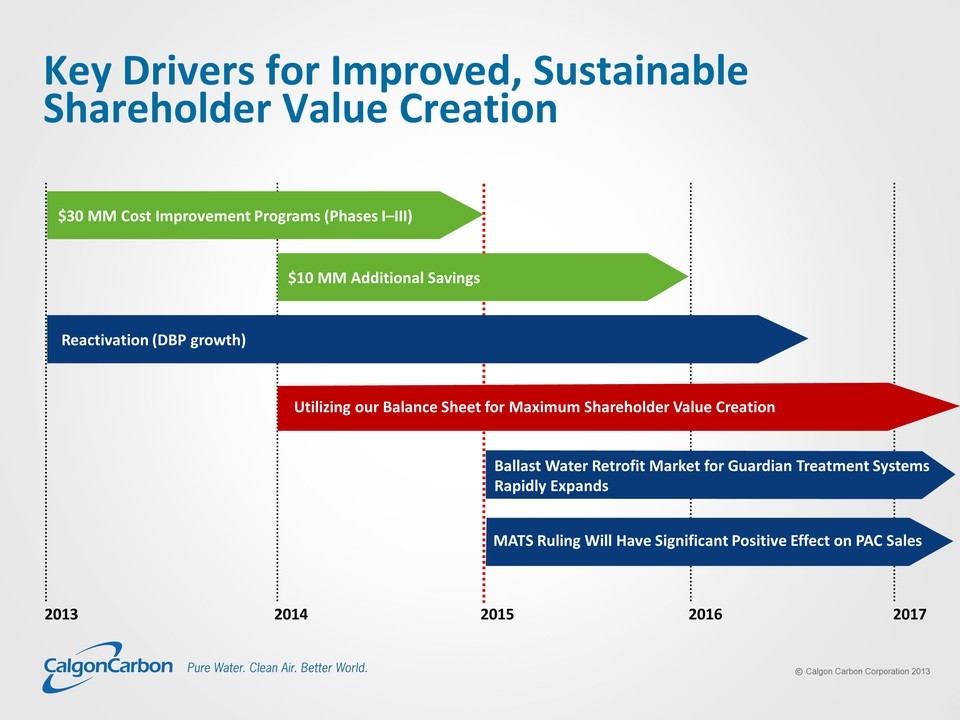How sustainability improves shareholder value
Post on: 25 Май, 2015 No Comment

One of the most important objectives — if not the most important — of a CEO always has been to enhance the shareholder value of the company. Today, CEOs are concerned with implementing a sustainability strategy as well.
But institutional investors often resist as sustainability (otherwise referred to ESG, or environmental accountability, social responsibility and corporate governance) initiatives may require an investment without an assurance of an associated return.
The big question, then, becomes how ESG will affect the stock price. It is obvious that investor perceptions and behavior directly affects this. Investor behavior is typically measured by an earnings multiple which is then multiplied by earnings per share or earnings before interest, taxes, depreciation and amortization (EBITDA ) to calculate the valuation impact. It has been shown that earnings multiples respond to many drivers, including growth, leverage, business model risk and ESG performance. But because you really can’t tell which of these drivers impacts the stock price, you can’t tell the impact from ESG performance. Consequently, many companies just ignore these investor perceptions.
There needs to be a better way to incorporate the ESG performance into the shareholder value.
Starting with the basic cash flow valuation calculations, a company-specific discount rate can be determined. The discount rate, or cost of capital, can be defined as the rate that equates the current stock price with the present value of the stream of anticipated cash flows. A company known not to pursue ESG policies probably will have a lower stock, which leads to a higher discount rate. Conversely, a company that pursues attractive ESG policies and investments most likely will trade at a premium as the institutional demand increases. This then will be reflected in a lower discount rate.
What is needed is a methodology to relate a company’s cost of capital to its ESG performance. The cost of capital was obtained from a widely recognized investment research company that calculates company-specific implicit discount rates to measure the value of about 40,000 public companies worldwide. Research efforts have used this database — along with 120 sustainability policy and performance variables — for 2,800 firms reported by IW Financial. For each firm, IW Financial can provide a value for each of 120 ESG variables that can be either a numeric value or a binary value, such as “yes” or “no.” Applying statistical analysis of the combined data can provide a mechanism to determine the relationship between ESG performance ratings and the discount rate.
It has been determined that the ESG variables can have a different impact on the various industries. When assessing a specific company, the analysis is performed on 20 to 30 companies in the same industry.
The financial research company’s data can provide the discount rate for each company in that selected industry. By conducting a statistical analysis on each company for every one of the 120 ESG variables, one can determine which ESG variable actually has a positive or negative impact on the discount rate. And when examining the ESG variable, it is important to note both a correlation and a causation.
By conducting a complete analysis, it is possible to determine which variable, if any, actually has an impact on the company’s discount rate and therefore the shareholder value. Although this very important pricing dynamic is not captured by conventional financial analyses, its impact can be significant.
When corporate management understands how ESG initiatives can affect company stock price, it allows them to make more effective investment decisions. Management may be confronted with a decision to make an investment in sustainability to improve a particular process. This may not result in an acceptable return based on conventional financial metrics such as ROI or internal rate of return (IRR ). But the resulting increase in stock price presents a different, more accurate picture of the shareholder value if the move results in an improved perception of its efforts to act on sustainability.














